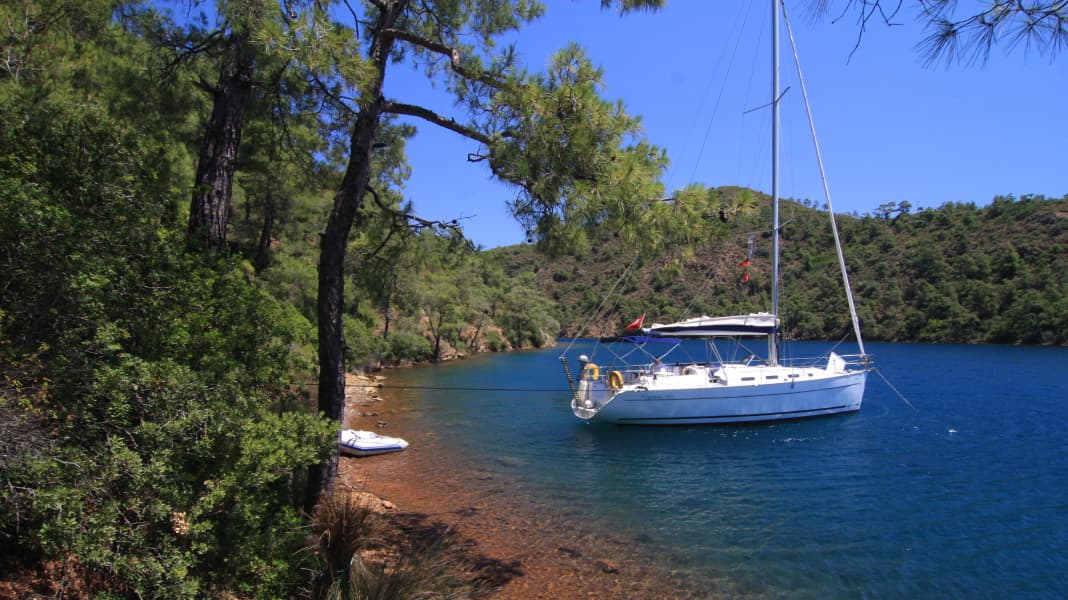
Surprisingly, the Turkish government has announced that by the end of 2014, after a two-year test phase in the Mugla region, faeces tank disposal will now be mandatory throughout the country. Every yacht must then have a "Blue Card" on board, an electronic card on which the regular emptying of faeces tanks is documented. If a yacht is travelling without a Blue Card, it could face fines of up to 5,000 US dollars. Up to now, the harbour authority can refuse to issue a new transit log if no or too few suction systems are registered. This would be a nightmare scenario for charter companies in particular. The connecting crew would then be left without a boat after a charter, as each crew needs its own transit log.
The regulation comes at an astonishing time, as the blue card system has not yet proved to be practical this season either. There are simply too few suction stations on the coast to guarantee comprehensive implementation. As there is a lot of anchoring in Turkey, crews would have to make long detours to have their tanks emptied every two or three days - the tank capacities of the ships are hardly sufficient for much longer. In addition, the new regulation actually also prohibits the discharge of kitchen and sanitary waste water, which has so far been unavoidable on yachts due to the lack of grey water tanks.
Although the authorities have not yet imposed any fines this year, random checks have been carried out. In practice, marinas simply issue a certificate of disposal for a fee, regardless of whether or not extraction has taken place.
The authorities seem to have reached an impasse in their highly commendable endeavours to reduce the increasing environmental pollution on the Turkish coast. There are feasible solutions, such as anchored disposal platforms at strategically important points, which have larger tanks and are emptied regularly. Or disposal boats that tour the bays and have already been trialled in the past. But such solutions cost a lot of money.
However, this would not solve the actual problem, namely the discharge of chemically contaminated wastewater from showers and kitchens.
